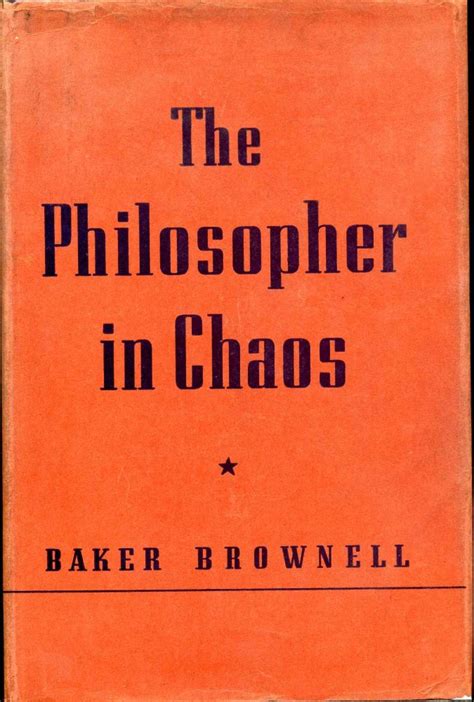A Quote by Lawrence M. Krauss
One might rationally argue that individual human beings should be free choose what moral behavior they approve of, and which they don't, subject to the constraints of the law.
Related Quotes
Art arises in those strange complexities of action that are called human beings. It is a kind of human behavior. As such it is not magic, except as human beings are magical. Nor is it concerned in absolutes, eternities, "forms," beyond those that may reside in the context of the human being and be subject to his vicissitudes. Art is not an inner state of consciousness, whatever that may mean. Neither is it essentially a supreme form of communication. Art is human behavior, and its values are contained in human behavior.
We are not responsible for the behavior of anyone that goes contrary to what we teach, any more than the Pope of Rome or the Archbishop of Canterbury or a religious leader who teaches moral law and values can be charged with the errant behavior of a parishioner or congregant who may violate their moral teachings. That is on the individual.
Blind obedience is itself an abuse of human morality. It is a misuse of the human soul in the name of religious commitment. It is a sin against individual conscience. It makes moral children of the adults from whom moral agency is required. It makes a vow, which is meant to require religious figures to listen always to the law of God, beholden first to the laws of very human organizations in the person of very human authorities. It is a law that isn't even working in the military and can never substitute for personal morality.
MORAL LAW, Evidence of.- Man has been subjected by his Creator to the moral law, of which his feelings, or conscience as it is sometimes called, are the evidence with which his Creator has furnished him. ... The moral duties which exist between individual and individual in a state of nature, accompany them into a state of society ... their Maker not having released them from those duties on their forming themselves into a nation.
There is a very common, though also very silly, picture of Kant according to which as empirical beings we are not free at all, and we are free only as noumenal jellyfish floating about in an intelligible sea above the heavens, outside any context in which our supposedly "free" choices could have any conceivable human meaning or significance. Part of the problem here is that Kant faces up honestly to the fact that how freedom is possible is a deep philosophical problem to which there is no solution we can rationally comprehend.
If the white man wants to live in peace with the Indian, he can live in peace. Treat all men alike. Give them all the same law. Give them all an even chance to live and grow. All men were made by the same Great Spirit Chief. They are all brothers. The Earth is the mother of all people, and all people should have equal rights upon it. Let me be a free man, free to travel, free to stop, free to work, free to trade where I choose, free to choose my own teachers, free to follow the religion of my fathers, free to think and talk and act for myself, and I will obey every law, or submit to the penalty.
When you say there's too much evil in this world you assume there's good. When you assume there's good, you assume there's such a thing as a moral law on the basis of which to differentiate between good and evil. But if you assume a moral law, you must posit a moral Law Giver, but that's Who you're trying to disprove and not prove. Because if there's no moral Law Giver, there's no moral law. If there's no moral law, there's no good. If there's no good, there's no evil. What is your question?



































